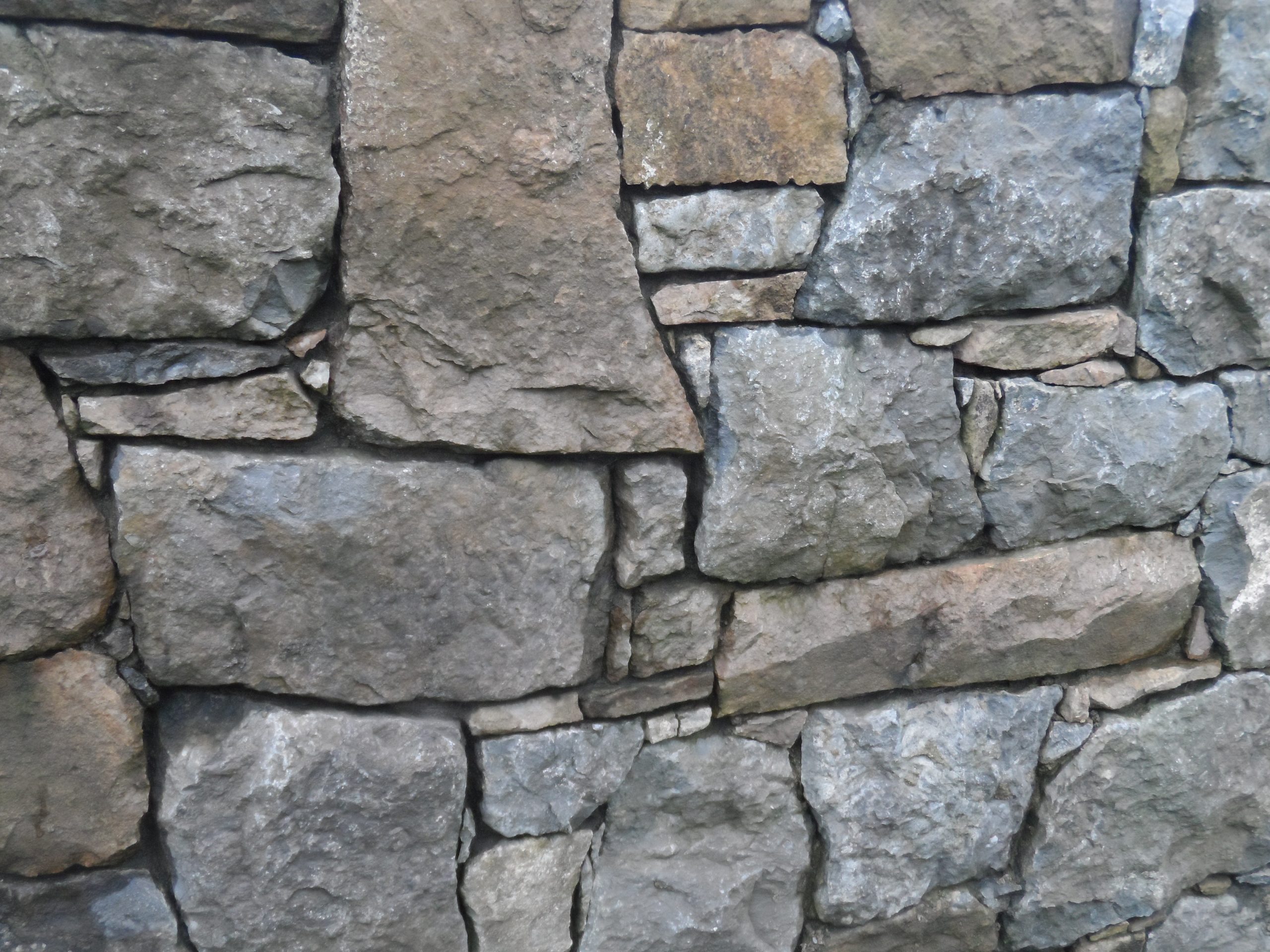Creating a beautiful and inviting space is an essential aspect of any home or commercial property. The ambiance and aesthetic appeal of a room are largely determined by its colors, finishes, and decor. Quality painters and decorators play a crucial role in transforming ordinary interiors into extraordinary spaces that reflect personal tastes, functional requirements, and modern trends. Their expertise and meticulous attention to detail ensure that every corner of your property resonates with charm, elegance, and individuality. One of the significant advantages of hiring professional painters and decorators is their in-depth knowledge of color theory and design principles. They can provide expert advice on selecting the right color palettes and finishes to enhance the mood and style of your space. For instance, lighter shades can make a small room appear larger and more open, while darker tones can add depth and coziness to spacious areas. Professionals also have an eye for complementary colors and textures, ensuring your interiors have a cohesive and harmonious look.
In addition to aesthetics, quality painters and decorators emphasize durability and functionality. They understand that walls, ceilings, and other surfaces are subjected to daily wear and tear, especially in high-traffic areas. To address this, they use premium-quality paints, wallpapers, and finishes that withstand the test of time. Furthermore, they ensure proper surface preparation removing old paint, sanding uneven surfaces, and applying primers to guarantee a flawless finish. This attention to detail not only improves the appearance of your space but also enhances the longevity of the work. Safety and professionalism are other key benefits of engaging skilled painters and decorators. Painting and decorating often involve working at heights, handling chemicals, and using specialized tools. Experienced professionals follow strict safety protocols to minimize risks and ensure smooth project execution. They are also well-versed in local regulations and environmental standards, making sure their work aligns with eco-friendly practices. For instance, many professionals now use low-VOC volatile organic compound paints, which are safer for both the environment and indoor air quality.
Another important aspect of hiring professional is the efficiency and convenience they bring to the table. Renovating or redecorating can be a time-consuming and challenging task, especially for homeowners with busy schedules. Professional painter decorator Southampton have the skills, tools, and experience to complete projects within the agreed timelines while maintaining high-quality standards. This allows you to enjoy a hassle-free experience and focus on other priorities while your space undergoes a stunning transformation. Finally, quality painters and decorators understand that every client has unique preferences and requirements. They take the time to listen to your ideas, discuss your vision, and offer tailored solutions to meet your needs. Whether you are looking for a contemporary makeover, a vintage-inspired look, or a subtle refresh, they can bring your ideas to life with precision and creativity. Their dedication to customer satisfaction ensures that the final result not only meets but exceeds your expectations. Their expertise, attention to detail, and commitment to excellence make them invaluable partners in any home improvement or renovation project.



 It will save you a lot of time, exertion, also the bother related with expecting to accomplish the work the hard way. Kitchen mixers truly reformed cooking the second they were delivered interestingly, notwithstanding, in the current day there are such countless sorts and creates accessible that it tends to be altogether too a lot. This particular articles’ main goal is really to assist you with precisely that. Ideally, you will wind up observing a truly amazing kitchen companion implied for your necessities. A lot of kitchen mixers are accessible in different shapes somewhere in the range of four and seven quarts. In case you are not really creating generous measures of bread each and every day, then, at that point, a 4 or 5 quart one will likely be totally fine. Notwithstanding, assuming that you observe you are doing enormous bunches of rolls for the kids habitually, then, at that point, you should look at a 6 or 7 qt.
It will save you a lot of time, exertion, also the bother related with expecting to accomplish the work the hard way. Kitchen mixers truly reformed cooking the second they were delivered interestingly, notwithstanding, in the current day there are such countless sorts and creates accessible that it tends to be altogether too a lot. This particular articles’ main goal is really to assist you with precisely that. Ideally, you will wind up observing a truly amazing kitchen companion implied for your necessities. A lot of kitchen mixers are accessible in different shapes somewhere in the range of four and seven quarts. In case you are not really creating generous measures of bread each and every day, then, at that point, a 4 or 5 quart one will likely be totally fine. Notwithstanding, assuming that you observe you are doing enormous bunches of rolls for the kids habitually, then, at that point, you should look at a 6 or 7 qt.

